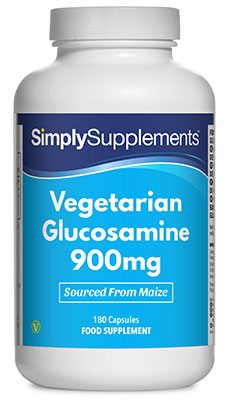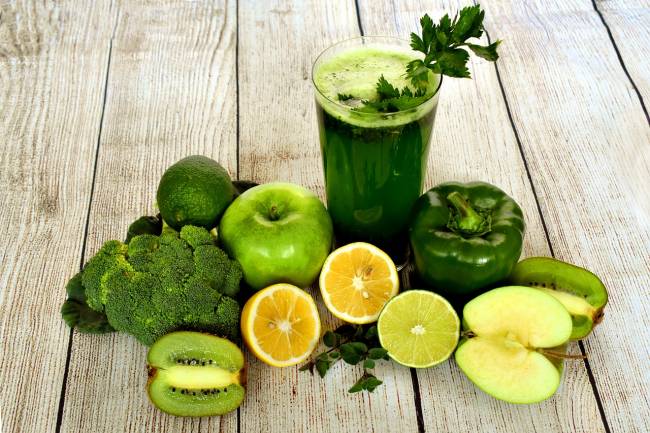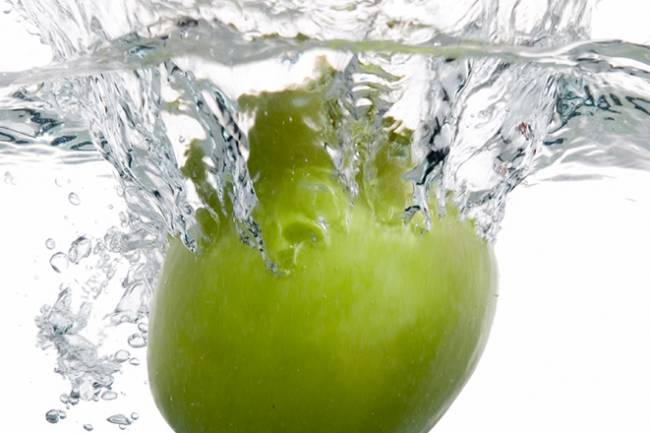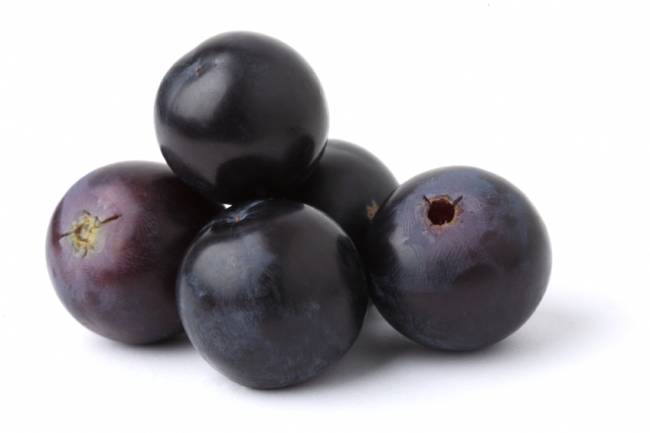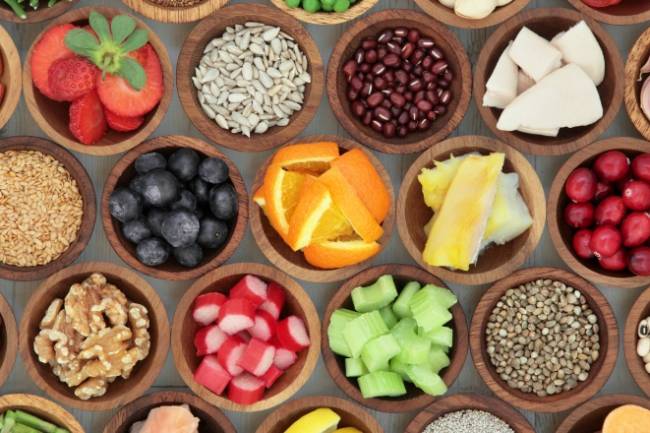Collagen: Building Block for Beautiful Skin


The skin is the body’s largest organ and accounts for approximately 15% of a person’s total body weight. The skin renews itself every 28 days, but after the age of twenty-five, the speed of this renewal process decreases by 1.5% per year. Over time, this can cause the skin to appear dry, dull and thin.
Collagen in Skin
Collagen is a major structural protein that makes up 75% of the skin. It is concentrated in the second layer of the skin (the dermis) and gives the skin strength, durability, and a youthful appearance. After the age of forty, collagen production declines, which leads to the breakdown and loss of collagen in the dermal layer of the skin. As a result, the skin gets thinner and weaker, and more prone to wrinkles and sagging. While this is a natural part of the ageing process, there are steps you can take to reduce the speed at which collagen production declines.
How to Increase Collagen in Skin
There are several different forms of collagen available to protect and promote collagen growth in the skin, including:
- Injections: Collagen fillers replenish the skins natural collagen and are often used to plump wrinkles and add volume to lips. These need to be administered by a trained professional. The effects can last for several months so treatment may need to be repeated two to four times a year.
- Laser therapy: Laser therapy is fairly new to the market and the science behind it is advancing all the time. It involves exposing the skin to intense wavelengths of light to stimulate the growth of collagen. Light therapy has been used in the treatment of stretch marks, age spots, enlarged pores, spider veins, and wrinkles.
- Supplements: A high-quality collagen supplement can replace natural collagen lost as part of the ageing process, and so may help to maintain elasticity and skin tone. When considering different supplements, make sure you opt for hydrolysed collagen with a high peptide content. While bovine and porcine are both good sources of collagen, fish collagen is often favoured as it provides smaller peptide molecules that are easy for the body to absorb and use.
- Creams: Collagen peptide fragments can be added to creams and applied topically. High-quality collagen creams have additional moisturising benefits to help to repair dry and damaged skin.
Other Tips for Youthful Skin
It is absolutely essential to protect and care for the skin to prevent future collagen degradation. Follow these simple tips to help keep your skin youthful and wrinkle free:
- Wear Sunscreen Every Day: This is so important! You can avoid harmful UVA and UVB rays by wearing sunscreen every day, even when the sun doesn’t seem that bright. Sunlight increases the speed at which collagen breaks down and is the most prolific contributor to premature ageing – it has been estimated to account for approximately 90% of the signs of ageing skin. Look for a high-quality daily moisturiser that includes SPF protection.
- Eat a Diet Rich in Antioxidants: Fruit and vegetables are by far the best sources of antioxidants; powerful compounds that help to defend against free-radical damage. Several environmental factors are known to drastically increase the amount of free-radicals the skin is exposed to, particularly cigarette smoke, sun damage, and pollution. It's also important to ensure the body has sufficient levels of vitamin C as this is a cofactor in collagen synthesis. Good sources are bell peppers, strawberries, and citrus fruits.
- Avoid Sugar as Much as Possible: Sugar consumption increases the rate of glycation. During glycation, sugar in the blood attaches to proteins to form molecules called advanced glycation end products (AGEs), which make collagen dry and brittle. Cutting sugar from the diet completely can take up to ten years off your appearance.
- Don’t Skimp on Sleep: During deep sleep, the body produces growth hormones that help to renew and repair damaged skin cells, in a process known as ‘beauty sleep’. If the body doesn’t get sufficient sleep, it produces the stress hormone cortisol, which triggers inflammation and has a direct effect on the quality and appearance of skin. Cortisol can also worsen existing skin conditions such as acne, eczema, and psoriasis. Try to get at least seven hours of sleep each night.
- Avoid Smoking: The chemicals in cigarettes accelerate the breakdown of collagen and elastin in the skin. Nicotine also narrows blood vessels in the outer layers of the skin and reduces the delivery of essential nutrients and oxygen. If you are struggling to quit, there is lots of support available such as the NHS Smokefree app.
- Reduce Stress: Unfortunately, stress shows on your skin. In fact, stress is one of the biggest contributing factors the skin problems. During times of stress, the body pumps out hormones such as cortisol, which cause glands under the skin to produce more oil and worsen acne. Stress also causes inflammation that can trigger psoriasis and rosacea flare-up’s, and even hives.

 Richard
Richard 



